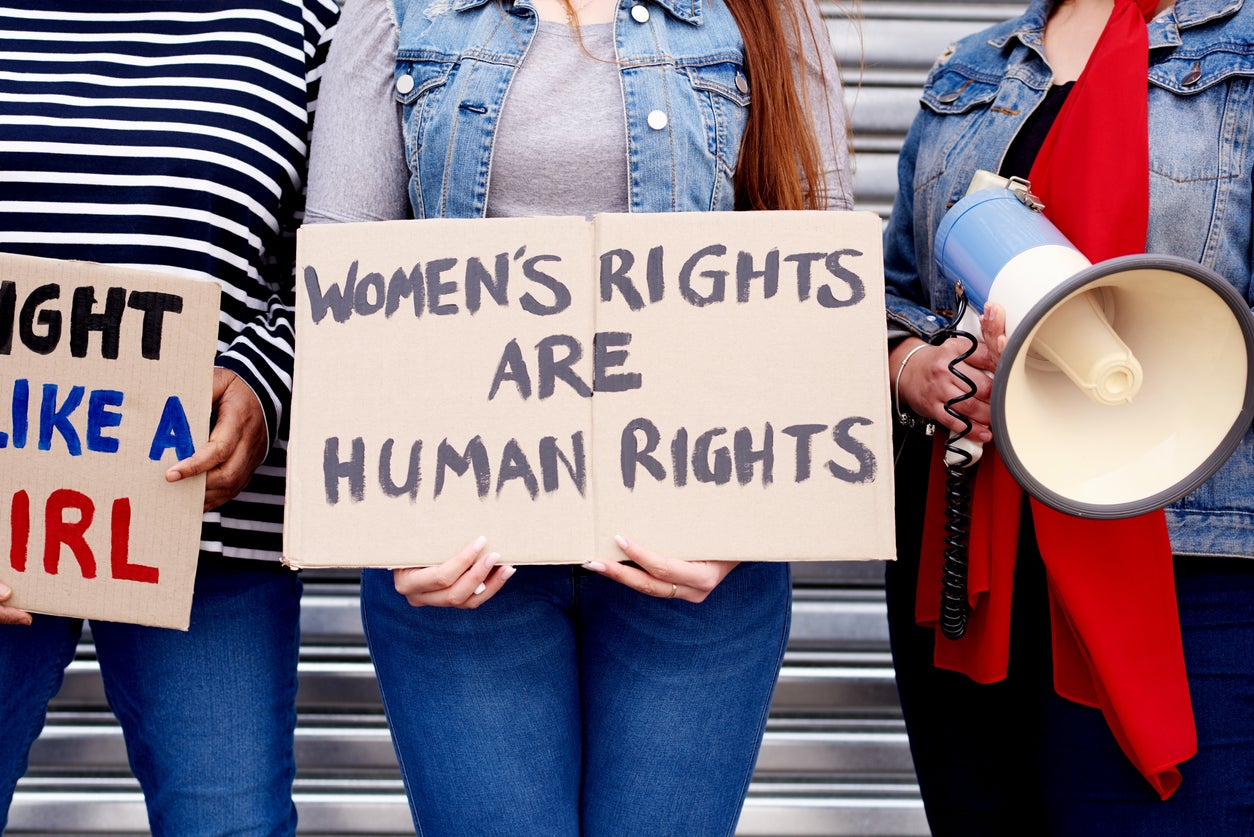Covid has eroded the gender progress of the last 25 years – bodily autonomy is still a human right
The pandemic has had a disproportionate effect on women and girls' access to sexual and reproductive health services, writes Asa Regner, Tabata Tesser and Luna

A quarter of a century ago, a historic moment for the rights of women and girls took place. More than 180 countries came together to take part in the Fourth World Conference on Women in Beijing, signing a pledge – The Beijing Declaration and Platform for Action – to take bold, strategic action on gender inequality. It was a watershed moment, a blueprint for progress to come.
The world of today looks very different than it did at the turn of the century, but the fight is far from over. Despite committing to widespread change, no single country today can say that it has achieved gender equality. Women and girls continue to be subject to discriminatory laws and policies, are chronically underrepresented in positions of power and leadership, and according to the World Health Organisation as many as one in three women and girls have experienced physical or sexual violence.
As a leader who was there in Beijing, and two activists from Brazil and Australia who grew up with the legacy of the Beijing Declaration, we are coming together now to say that the fight must continue, we must continue to advance towards gender justice.
Subscribe to Independent Premium to bookmark this article
Want to bookmark your favourite articles and stories to read or reference later? Start your Independent Premium subscription today.
Join our commenting forum
Join thought-provoking conversations, follow other Independent readers and see their replies